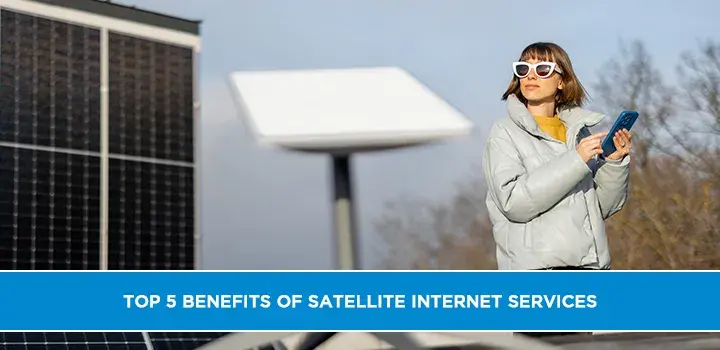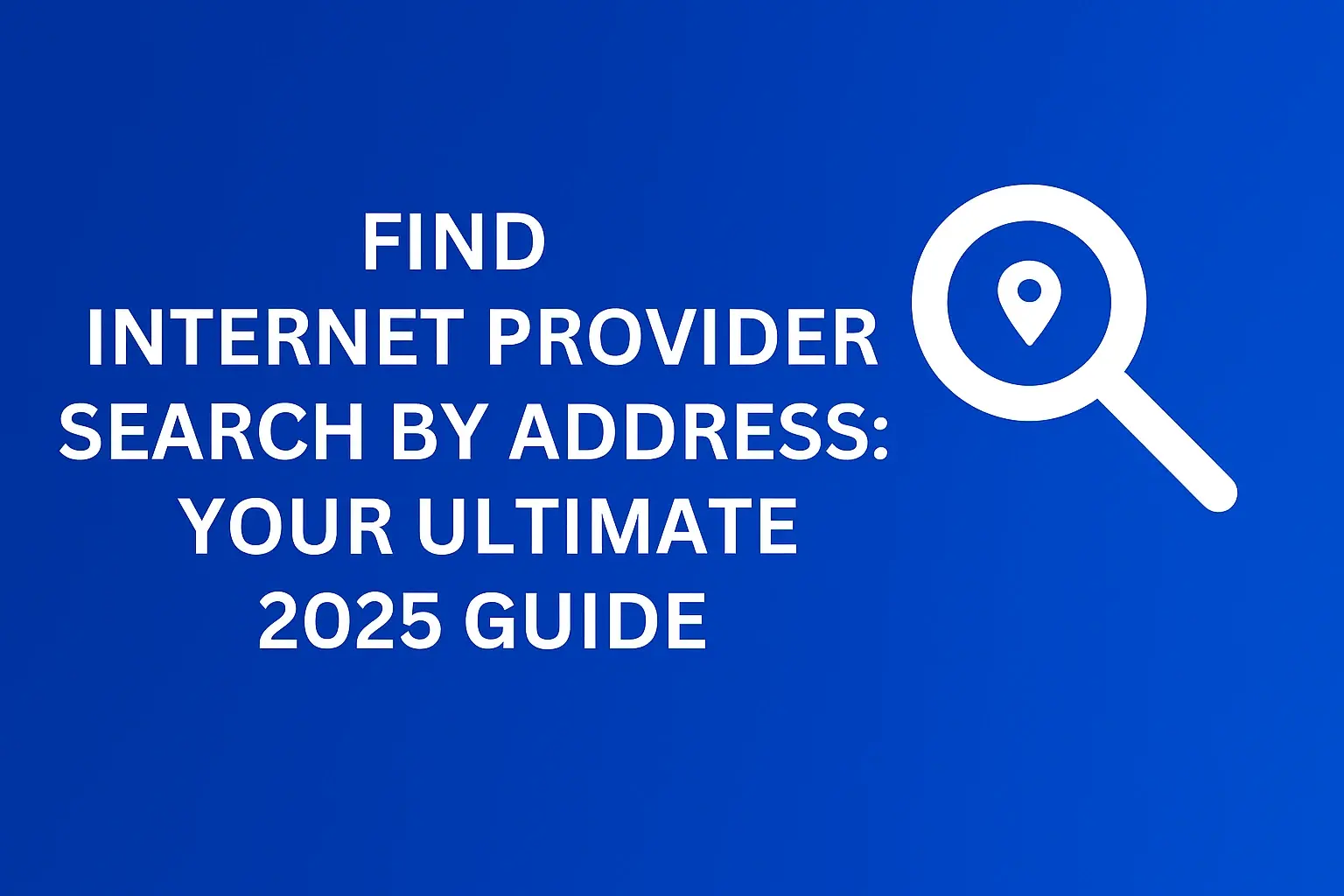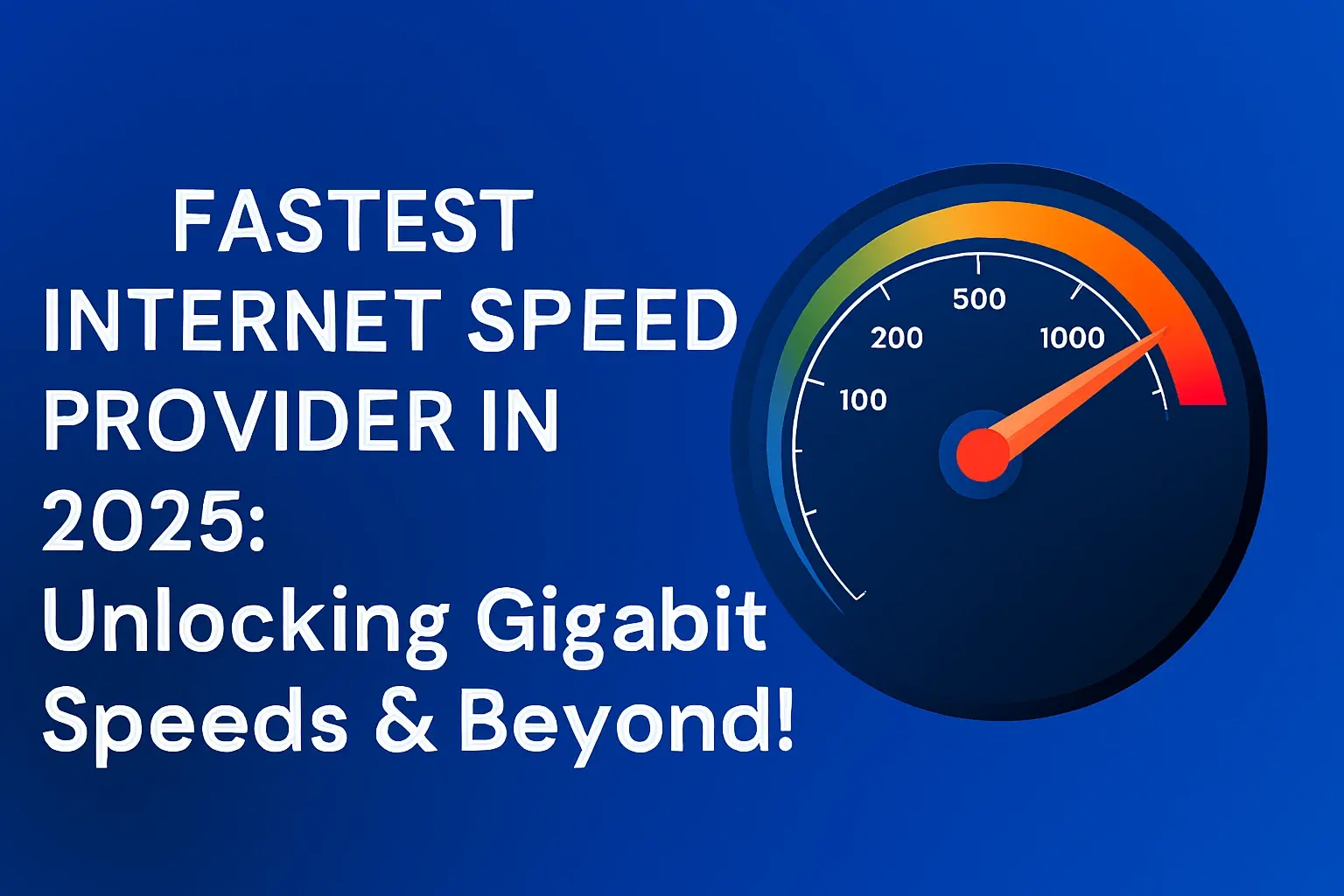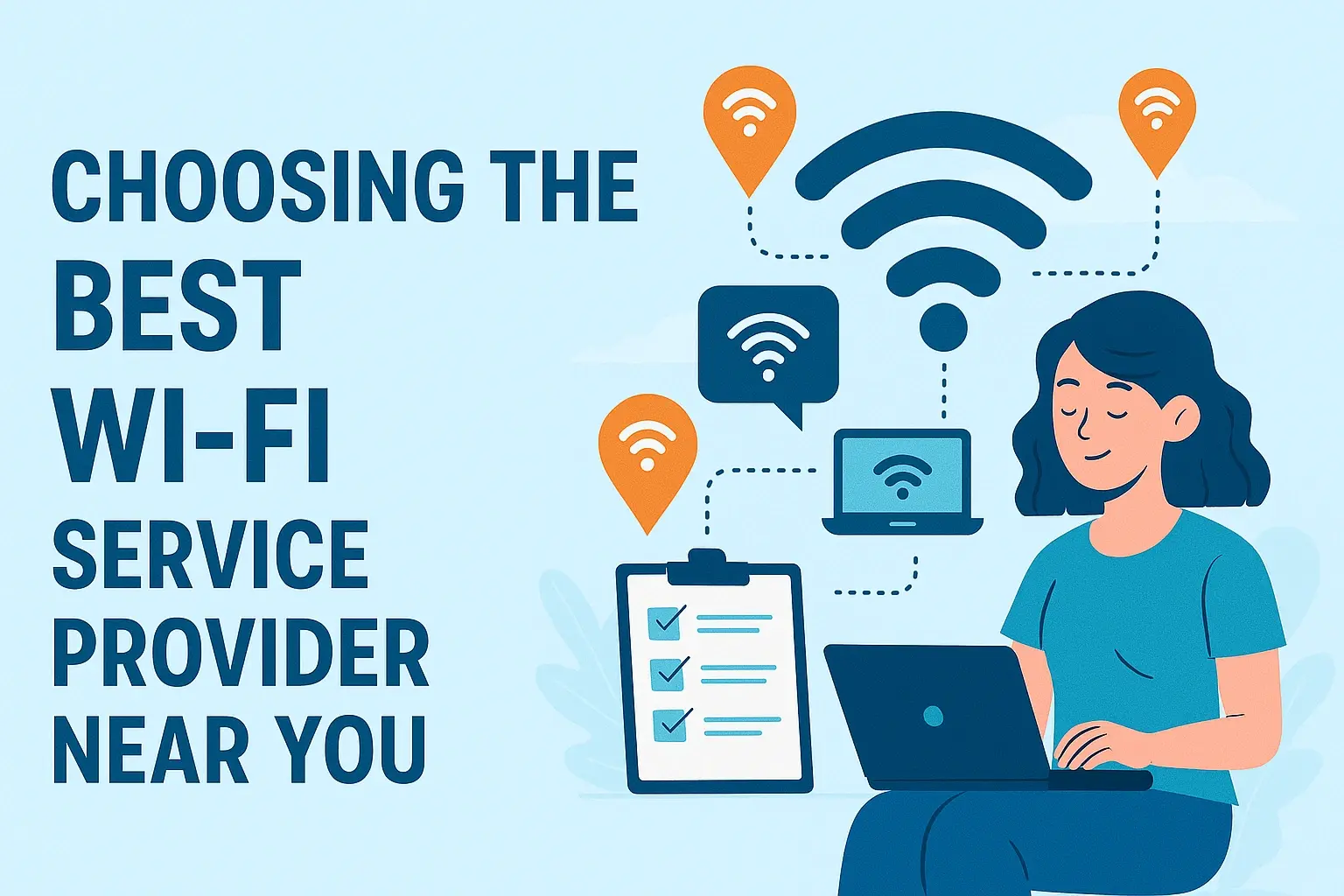Top 5 Benefits of Satellite Internet Services

Top 5 Benefits of Satellite Internet Services
In today's digital age, internet connectivity has become a necessity, regardless of where you are located. However, traditional internet providers are often unable to offer reliable connectivity in remote or rural areas. This is where satellite internet services come into play. Thanks to advancements in technology, satellite internet now offers a range of benefits making it an attractive option for those looking for a reliable and robust internet connection. In this blog, we will discuss the top 5 benefits of satellite internet services that make it a worthwhile investment for individuals and businesses alike.
1. Wide Coverage and Accessibility:
Satellite internet services offer wide coverage and accessibility, particularly for those living in rural or remote areas where cable or fiber options are not available. The best satellite internet providers, such as HughesNet, Starlink, and Viasat, can offer download speeds of up to 300 Mbps, with unlimited data, although all three will throttle speeds if data limits are exceeded. Data caps for satellite internet range from 15 GB to 1 TB, making it more expensive than other options, but satellite internet is available nationwide, which makes it a popular choice in areas where no other options exist. Choosing the best satellite internet provider depends on several factors, such as how much one is willing to pay, what internet activities are needed, and the level of data required. Satellite internet may suffer from higher latency issues, but it still offers a reliable internet connection that can be enjoyed by those who have access to it, even in areas where traditional wired internet is not available.
2. High-Speed Internet Connection:
In today's world, having access to high-speed internet is essential for day-to-day life. Unfortunately, not everyone has access to reliable internet, especially those living in rural areas where fiber or cable providers are unavailable. Fortunately, satellite internet providers such as HughesNet, Viasat, and Starlink offer a solution. While satellite internet may be more expensive and have smaller data caps than cable and fiber options in cities, it is available nationwide, making it a popular option for those in remote areas. The best satellite internet services offer download speeds of up to 300 Mbps and unlimited data (although speeds may be throttled if you exceed your data cap).
HughesNet, for example, boasts coverage across many South American countries and offers lower prices than its competitors, although it has smaller monthly data caps. Viasat, meanwhile, offers faster speeds and larger data caps, but at a heftier price. Starlink, on the other hand, offers potential with its rapidly expanding coverage and lower prices. Satellite internet suffers from higher latency issues, but with the right provider and a stable location, users can still enjoy efficient browsing, streaming, and even gaming. In conclusion, satellite internet services provide a viable option for those who need high-speed internet access in remote locations where traditional cable and fiber providers are not available, with providers such as HughesNet, Viasat, and Starlink offering varied options to suit different needs and budgets.
3. Reliability and Consistency:
Satellite internet services are widely recognized for their ability to provide reliable and consistent internet access, especially in rural and remote areas where other forms of internet infrastructure may not be available. Though satellite internet may suffer from latency issues and slower speeds compared to wired internet, it’s still a dependable option for consumers living in areas with limited access to cable or fiber internet connections. Satellite internet is sourced from satellites in Earth’s orbit and the signal is communicated to a receiver dish on the user’s property. This means as long as the user has an unobstructed view of the southern sky, they can enjoy steady and dependable internet access. Additionally, satellite internet is more resilient than wired internet, meaning it can quickly recover from natural disasters or other disruptions. Overall, satellite internet is a valuable alternative for consumers in rural areas and those with limited access to reliable wired internet infrastructure.
4. Flexibility and Mobility:
Satellite internet services have seen a tremendous surge in demand globally due to changes in the way people use the internet. Operators are now looking at ways to deliver more flexible and responsive services to meet evolving market needs. One solution is the development of flexible payload satellites that can reconfigure coverage in orbit, thereby enabling greater flexibility and cost-effective connectivity. ViaSat-3, for instance, is designed keeping in mind such flexibility and has the ability to move bandwidth to areas of greatest need – both in terms of locations and timing. This makes it an ideal solution for various customer groups who experience degraded or no connectivity due to location or timing, including residential and business internet customers, commercial and business aviation, enterprise, government, coalition defense forces, and more.
Flexible satellites provide electronic beams that can be made smaller and with lower bandwidth, thereby allowing operators to better allocate resources and improve capital management. Moreover, satellites with greater flexibility can easily change character over time, enabling them to support data or become a Direct to Home (DTH) broadcast service. As demand for internet connectivity continues to grow, flexible and mobility-based solutions like the ViaSat-3 constellation open new possibilities for operators to deliver global capability and cater to a wider variety of government missions.
5. Future-Proof Technology:
Satellite technology is critical to infrastructure such as water treatment facilities, electrical substations, and transportation operations. Satellites can power navigation, communication, connectivity, and research, and if the data exchange between satellite and device were interrupted, people would quickly notice. As the era of satellite communications increases with new entrants and constellations, it is imperative to protect the telemetry, tracking, and controls (TCC) of these satellites and the entire communications network they reside in. This protection includes data as it travels satellite to satellite, satellite to the base station, or base station to the data center, and manufacturers must focus on future-proofing the encryption architecture that protects them. Encryption currently suffers from single points of failure, presenting areas of weakness that are ripe for exploitation and compromise.
As such, there is a need for crypto-diversification, a proactive mix of current and post-quantum encryption methods, and out-of-band key delivery. If satellite infrastructure is not future-proofed with the strongest encryption strategies available, we risk jeopardizing the satellites and their associated infrastructure, which are the keystone of our national security. The implementation of space-based internet using low-cost satellites in orbit around the Earth could provide high-speed internet coverage around the world and mitigate issues related to conventional internet connections in rural and remote areas. The spatial internet not only offers faster connectivity but can also allow for error-free operation and the use of future innovative devices. Satellite internet providers such as Starlink and Kuiper constellation are leading the way in offering affordable, accessible internet connectivity to remote populations worldwide.
Conclusion
Satellite internet services offer numerous benefits to communities and individuals, providing high-quality internet connections to places that terrestrial providers cannot reach. From better service reliability in extreme weather to improved opportunities for rural residents, satellite internet is changing the way we connect to the world. The infrastructure used by ground-based internet service providers is expensive and requires a high concentration of customers, meaning that many people living in rural or suburban areas pay more or receive less service compared to their urban counterparts. Satellite internet is an affordable option for these communities, delivering a high-quality connection with the ability to match cable speeds. Furthermore, satellite internet is more widely available than traditional telecom infrastructure and can connect people to the internet in rural and hard-to-reach areas around the world. While this service has its disadvantages, including latency and data restrictions, new technology is solving many of the long-standing problems with satellite internet. Overall, satellite internet is a game-changing option that is transforming the customer experience and providing greater opportunities for connectivity across the world.
Call on (855) 210-8883 to get a satellite internet connection now!





